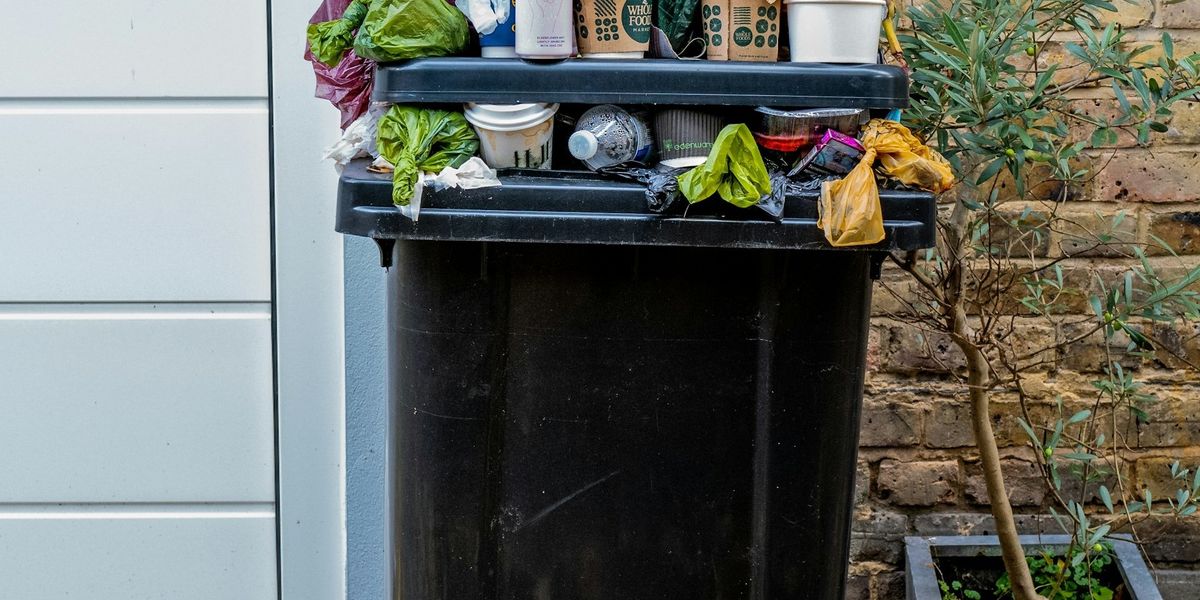
Climate-driven disasters make home insurance unaffordable across Australian suburbs
A growing number of Australian neighborhoods are becoming effectively uninsurable as climate change intensifies natural disasters, threatening home values, local economies, and financial markets.
Jess Davis and Andy Burns report for ABC News.
In short:
- In Shepparton, Victoria, more than 88% of homes in the CBD are now at high risk of becoming unaffordable or uninsurable due to climate-related damage, with surrounding suburbs facing similar risk levels.
- The 2022 floods left many residents unable to rebuild safely or secure insurance, forcing them to relocate and raising concerns about broader economic fallout.
- Insurance premiums have surged nationwide, prompting warnings from industry leaders about a “climate-induced credit crunch” that could freeze mortgage lending in high-risk areas.
Key quote:
“This is not a one-off market adjustment. This is a systemic risk that threatens the very foundation of the financial sector.”
— Günther Thallinger, Allianz Global board member
Why this matters:
As the planet warms, more homes across Australia — and globally — are falling into what economists call “uninsurable” zones. Without coverage, homeowners face not only financial ruin in the event of disaster, but also a devaluation of property that ripples across local economies. Banks hesitate to issue loans in high-risk areas, and insurance companies raise premiums or pull out entirely. The result is a vicious cycle where only the wealthiest can afford to adapt, while others remain exposed or are forced to abandon their homes. With no coordinated national response in place, the burden continues to fall on individuals and local councils already stretched to their limits.
Read more: Rising heat in Australia is driving an alarming increase in mental health struggles













